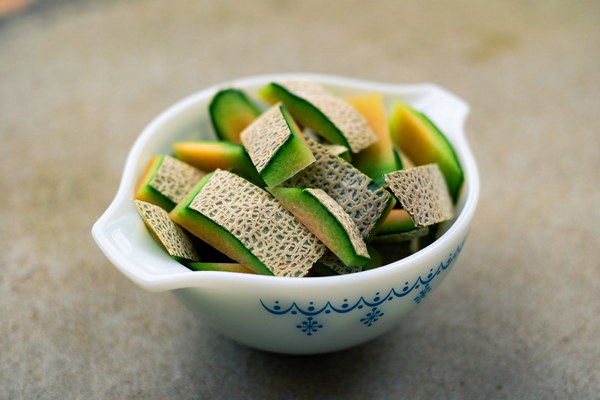Does Regular Hair Combing Really Nourish and Protect the Kidneys
In the realm of traditional Chinese medicine (TCM), there are numerous practices and rituals that are believed to promote overall health and well-being. One such practice is the regular combing of one's hair, which is often claimed to have kidney-nourishing and kidney-protecting benefits. But does this ancient practice actually work? Let's delve into the science and folklore behind the claim that regular hair combing can help maintain kidney health.
The Traditional Wisdom
In TCM, the kidneys are considered the root of life and are believed to play a crucial role in the body's energy, or Qi, and in the balance of bodily fluids. The hair is thought to be directly connected to the kidneys, and therefore, combing the hair is believed to stimulate the kidneys and improve their function.
The act of combing the hair is said to promote the flow of Qi and blood, which can help to strengthen the kidneys and improve their ability to filter waste products from the body. It is also thought to help balance the body's Yin and Yang, which are the fundamental forces that govern health and disease in TCM.
Modern Science Perspective
While the concept of kidney-nourishing hair combing may seem mystical, there are some scientific principles that could potentially explain its benefits.
1. Stimulation of Scalp: Combing the hair gently stimulates the scalp, which is rich in blood vessels. This stimulation can improve local blood circulation, potentially leading to better nutrient delivery and waste removal from the scalp and surrounding tissues.
2. Stress Reduction: The act of combing hair can be a form of relaxation, which is known to reduce stress. Stress can have negative effects on kidney function, so reducing stress through simple habits like hair combing might indirectly support kidney health.
3. Improved Sleep: Some studies suggest that hair combing can help improve sleep quality. Better sleep can have a positive impact on kidney function by allowing the body to repair and regenerate more effectively during rest.
How to Practice Hair Combing for Kidney Health
If you're interested in trying hair combing as a kidney health practice, here's how you can do it:
1. Choose the Right Comb: Use a wide-toothed comb or a wooden hairbrush to minimize damage to the hair and scalp.
2. Start from the Roots: Begin combing from the roots and work your way down to the tips. This helps to remove any knots or tangles and ensures that the entire hair shaft is being stimulated.
3. Gentle Combing: Combing should be gentle and soothing. Avoid pulling or tugging at the hair, as this can cause breakage or discomfort.
4. Regular Practice: Try to comb your hair at least once a day, but especially before bed to help you relax and improve sleep quality.
5. Duration: Spend about 5-10 minutes combing your hair each session.

Conclusion
While there is no definitive scientific evidence to confirm that regular hair combing directly nourishes and protects the kidneys, the practice does have some potential benefits based on scientific principles and the stress-reducing effects of the activity. Incorporating hair combing into your daily routine as a form of self-care may not harm your health and could contribute to a more relaxed and balanced lifestyle, which is always beneficial for overall well-being. As with any health-related practice, it's always a good idea to consult with a healthcare professional before making significant changes to your routine.









